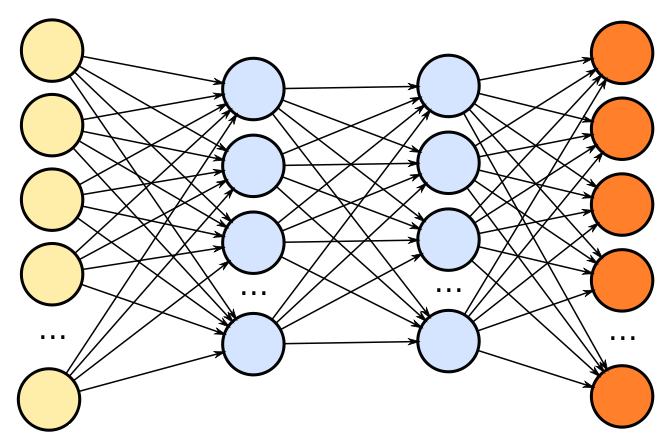He was given nine hours to study chess with nothing but the rules of the game. There were no coaches, books, videos, or example games at his disposal. Then, he played a series of 100 games against the current world champion—the strongest chess player ever known. The end result: 28 wins, 72 draws, and 0 losses.

white, traps Stockfish’s
queen in the corner
Photo Credit | Johny Tran
He, or rather, it, is an artificial intelligence (AI) named AlphaZero that was created by Google’s DeepMind, a branch specializing in AI. DeepMind uses a process known as neural networking to teach machines in a way that mimics a human brain. In the nine hours of preparation, AlphaZero played countless numbers of games against itself, learning to recognize which moves were favorable and which led to defeat. Its opponent was Stockfish 8, the most powerful chess computer to date with a skill level that greatly surpasses any human. Ever since former world champion Garry Kasparov lost to IBM’s Deep Blue, computers have bested human players at a growing rate. But unlike Stockfish, Deep Blue, and other chess computers, AlphaZero had no human input (giving it the “Zero” part of its name).
Perhaps the most significant aspect of the event was not the amount of wins but the path taken. AlphaZero was only able to analyze 80 thousand moves a second as opposed to Stockfish’s 70 million. Put in perspective, Stockfish can think nearly one thousand times faster than AlphaZero. In the past 20 years after Deep Blue’s victory, chess engines’ play styles have been heavily analyzed and used to evaluate human games. Computers have typically favored a conservative approach to playing, making safe moves and winning through attrition. On the other hand, AlphaZero demonstrated very risky moves, unafraid to sacrifice pawns and pieces to break Stockfish’s defenses. But Google’s AI did not stop at chess. Competing against the best computers in the board games Go and Shogi, AlphaZero continued to dominate. Overall, the common thread showed AlphaZero combining a human-like strategic approach with the tactical prowess of a computer, all while adding its own flair.

deep neural networks |
Photo Courtesy of Western
Washington University
Just as modern chess play has reflected that of chess engines, AlphaZero could revolutionize the future of chess. This is exactly the goal of DeepMind, not just for board games but for self-driving cars, medical advances, particle physics, and all aspects of society.
“It’s more powerful than previous approaches because by not using human data, or human expertise in any fashion, we’ve removed the constraints of human knowledge and it is able to create knowledge itself,” lead researcher David Silver said.
In the span of a few hours, AlphaZero recreated centuries of chess theory and developed more of its own. As neural networks and AI continue to grow, the possibilities are completely unknown. Perhaps they will rediscover what is already known, but maybe AI is the key to succeeding where all else have failed.

